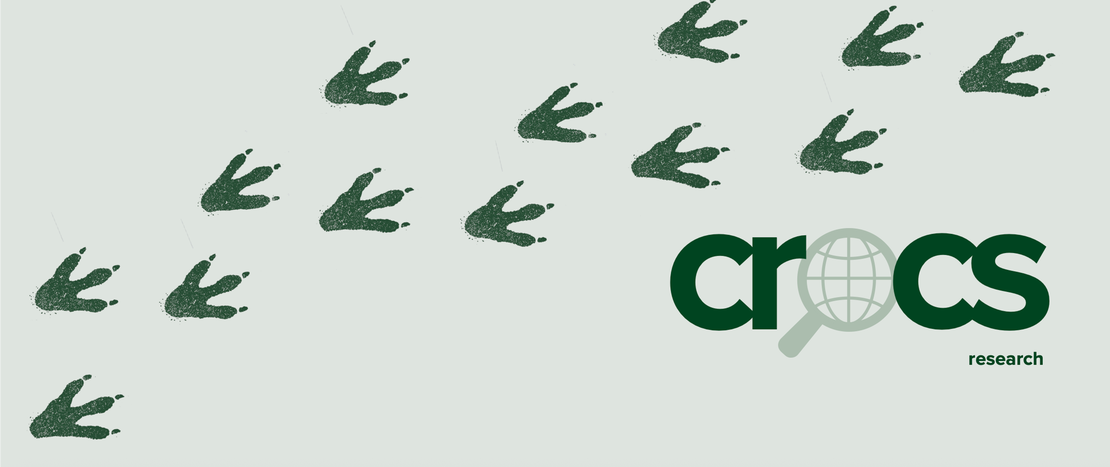
The theorizing of terrorism within criminology
- Daren Fisher , Erin Kearns
- Theory
- April 2024
Table of Contents
Understanding how criminologists have theorized about terrorism over time.
Abstract
Objectives: While terrorism studies were once castigated as atheoretical and unempirical, criminology has been well suited to apply theories of crime to terrorism and to then test those theories with rigorous methods and robust data. The present study takes stock of how criminologists have theorized about terrorism and tested those theories over time in 13 of the discipline’s leading journals. Methods: The study systematically examines theoretical framing, hypotheses, methodological approach, focus within criminology and criminal justice, and policy recommendations in terrorism-focused articles. Results: While terrorism has become more central within top journals, sparse attention has been paid to many criminological theories that could help us understand terrorism. Additional qualitative, theoretical, and mixed-methods research is needed. Further, few articles address the making of terrorism laws. We identify other systematic strengths and weaknesses across the literature and highlight domains for future research. Conclusions: Criminological research on terrorism has engaged theories within and beyond the discipline and employed a range of methodologies with diverse data sources to make contributions to both our broader field and to the larger body of scholarship on terrorism. Yet, many opportunities exist for criminologists to expand research on the making, breaking, and reaction to break laws regarding terrorism.
Replication is critical before policy is created from single-agency surveys
Full Paper
Follow link below for the paper. Questions? Contact the authors.
Full PaperTags :
Share :
Related Posts

Defining the logic and risk of terrorist UAS attacks in the United States
- Austin Doctor , Suat Cubukcu , George Grispos , Joel Elson , Tyler McCoid ,
- Ux s, Emerging technology
A report on the logic and emerging trends in terrorist use of UAS.
Read More
How chatbot communication styles impact citizen reports to police: Testing procedural justice and overaccommodation approaches in a survey experiment
Understanding how chatbot communication styles impact SAR.
Read More
Homegrown: U.S. federal cases against ISIS
- Seamus Hughes , Callie Vitro , Camden Carmichael , Mackenzie Harms , Austin Doctor ,
- Isis, Courts, Hgve
The current state of U.S. federal cases against ISIS
Read More